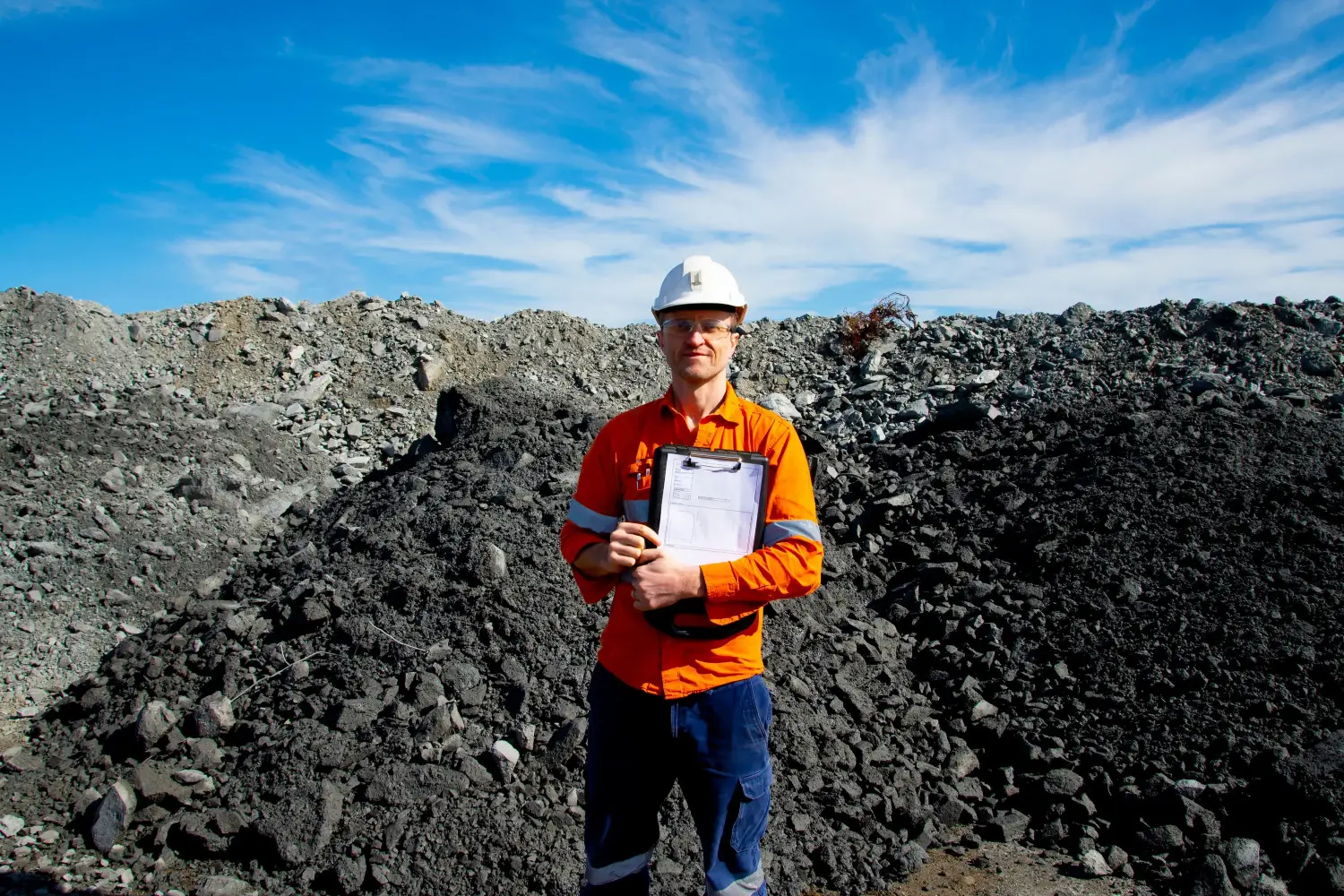
Maintenance
Comprehensive Maintenance Solutions for All Water Uses
Potable Water Systems:
Regular Inspections:
Regular inspections play a pivotal role in the maintenance of safe and quality drinking water. These assessments encompass three crucial aspects: sediment accumulation, microbial contamination, and structural integrity. Sediment buildup in water systems can lead to reduced water flow and potential contamination. Microbial contamination poses a direct health risk to consumers if not promptly detected and mitigated. Evaluating structural integrity is essential to prevent leaks or breaches that could compromise the water supply. By addressing these elements through routine checks, we ensure that the water remains clean, safe, and reliable for consumption, safeguarding public health and the integrity of water infrastructure.
Pipeline Flushes:
Regularly flushing pipelines is a vital practice to prevent stagnation and maintain a continuous supply of fresh, clean water. Stagnant water in pipelines can foster the growth of harmful microbes and degrade water quality. By implementing routine flushing, we effectively remove any stagnant water, sediment, and potential contaminants, ensuring that water remains fresh and safe for consumption. This proactive approach not only enhances water quality but also extends the lifespan of the infrastructure, promoting the reliability and efficiency of the water distribution system.
Tank Cleaning:
Utilising safe and efficient techniques for contamination removal is imperative in preserving the purity of stored water. This involves employing rigorous measures to detect and eliminate any contaminants that may compromise the quality of the stored water. By consistently implementing tank cleaning methods, we can guarantee that the water remains free from impurities and safe for various applications. This commitment to purity not only safeguards public health but also upholds the integrity of the water storage system, ensuring that water remains a dependable and uncontaminated resource for consumption and other essential uses.
Process Water Systems:
System Assessment:
By conducting a assessment, we proactively detect issues, ensuring the system operates efficiently and effectively. This proactive approach not only enhances performance but also prevents costly breakdowns or disruptions in processes dependent on water. Through vigilant system assessment, we guarantee the reliability and optimal functioning of process water systems, contributing to the overall success and sustainability of various industrial and commercial operations.
Filter Replacements:
This involves regular inspections and replacements of filters and essential components to ensure they are in optimal working condition. By diligently maintaining filter integrity, we can guarantee the system’s peak performance and effectiveness. Ensuring these components are in good condition prevents potential disruptions and maintains water quality. This proactive approach not only maximises system efficiency but also extends the lifespan of equipment and contributes to the cost-effective operation of process water systems. It ensures that filters and related components consistently support industrial and commercial processes at their best.
Fire Protection Systems:
Pressure Tests:
These tests involve verifying that pipelines consistently maintain the necessary pressure levels essential for an effective response to fire emergencies. By conducting these regular assessments, we guarantee that the system remains fully operational, ensuring rapid and reliable water supply in the event of a fire. This proactive approach is crucial for safeguarding lives and property. It not only upholds fire safety standards but also maintains the system’s overall reliability and effectiveness, providing peace of mind and assurance that fire protection systems are prepared to respond swiftly and efficiently to any potential fire hazard.
Component Checks:
Regular Component Checks are essential for the maintenance of fire protection systems. These inspections involve assessing valves, pumps, and other critical components to ensure they are functioning optimally and can be relied upon when needed. By consistently monitoring and maintaining these elements, we guarantee that the entire system operates effectively during emergencies, minimising the risk to life and property.
System Cleans:
System Cleans are crucial for maintaining the peak performance of fire protection systems. This process involves the removal of debris or obstructions that could impede the system’s effectiveness during emergency situations. By regularly clearing these potential hindrances, we ensure that the system remains fully operational and responsive when needed most. This proactive approach guarantees that fire protection systems are prepared to respond swiftly and efficiently to any fire emergency, safeguarding lives and property to the highest degree possible.
Why Regular Maintenance is Essential:
Safety & Health: Especially in potable water systems, regular maintenance ensures that the water remains free from contaminants, safeguarding public health.
Operational Efficiency: For process water systems, efficient operations can translate to cost savings and improved output.
Reliability: In fire protection systems, reliability can mean the difference between a minor incident and a major catastrophe.
Longevity: Regular maintenance can significantly extend the lifespan of tanks and pipelines, leading to long-term cost savings.